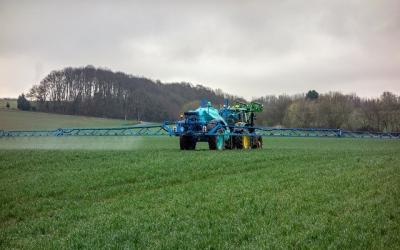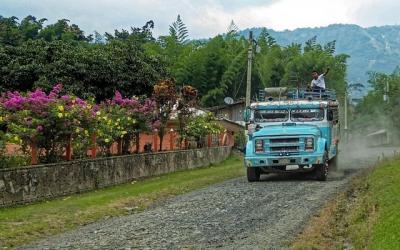LAS NOTICIAS FALSAS EN TIEMPOS DE COVID-19: LA IMPORTANCIA DEL ACCESO A LA INFORMACIÓN Y SU INHIBICIÓN POR LA ALFABETIZACIÓN INFORMACIONAL EN ESTUDIANTES UNIVERSITARIOS DE SAN LUIS POTOSÍ
THE FAKE NEWS IN TIMES OF COVID-19: THE IMPORTANCE OF ACCESS TO INFORMATION AND ITS INHIBITION BY THE INFORMATION LITERACY IN UNIVERSITY STUDENTS OF SAN LUIS POTOSÍ
Fecha recibido: 30/05/2021 | Fecha publicado: 08/09/2021 | Fecha corregido: 10/08/2021 |Autores
RESUMEN
Hoy en día, en esta emergencia sanitaria que se suscita mundialmente provocada por el virus SARS-CoV-2, virus que provoca la COVID-19, se ha observado en los últimos meses en los medios de comunicación y de prensa una explosión masiva de información donde se apuesta a la nota periodística que sea relevante y actual de la problemática de la emergencia sanitaria, pero esto conlleva el adquirir información con poca credibilidad y a su vez crear conciencia en el propio usuario de los grandes problemas sociales que conlleva en la sociedad del conocimiento la desinformación o el acceso a la información, sin realizarle un análisis mínimo de comprobación de las fuentes que lo divulgan. En conclusión, con la propuesta de una planeación de alfabetización informacional mediante un curso-taller se logra obtener mejores mecanismos de reflexión de cada uno de los usuarios (estudiantes universitarios) o alguna comunidad de usuario objetivo, un criterio analítico en la toma de decisiones asertivas del usuario en sus necesidades de acceso y recuperación de información como lo menciona el Dr. Julio Frenk (2016) en el programa de Oppenheimer y la CGLU Ciudades y Gobiernos Locales Unidos (2020) y a su vez se comprueba y se acepta la H1 establecida en la investigación con los resultados obtenidos en el instrumento metodológico empleado. Se observa a su vez, la falta de un merco legislativo o regulatorio para evitar o controlar a personas que inciden en la difusión de noticias falsas provocando con estos eventos una infoxicación digital.
PALABRAS CLAVE: Noticias falsas, Acceso a la Información, Alfabetización informacional, COVID-19, Estudiantes universitarios.
THE FAKE NEWS IN TIMES OF COVID-19: THE IMPORTANCE OF ACCESS TO INFORMATION AND ITS INHIBITION BY THE INFORMATION LITERACY IN UNIVERSITY STUDENTS OF SAN LUIS POTOSÍ
ABSTRACT
Today, in this global health emergency caused by the SARS-CoV-2 virus, the virus that causes COVID-19, a massive explosion of information has been observed in recent months in the media and press where we bet on the journalistic note that is relevant and current about the problem of the health emergency, but this entails acquiring information with little credibility and in turn creating awareness in the user of the great social problems that it entails in the knowledge society misinformation or access to information, without conducting a minimum analysis of verification of the sources that disclose it. In conclusion, with the proposal of an information literacy planning through a course-workshop, it is possible to obtain better mechanisms of reflection from each of the users (university students) or some target user community, an analytical criterion in making assertive decisions of the user in their access and information retrieval needs as mentioned by Dr. Julio Frenk (2016) in the Oppenheimer program and the UCLG United Cities and Local Governments (2020) and in turn the H1 established in research with the results obtained in the methodological instrument used. In turn, there is a lack of a legislative or regulatory market to avoid or control people who influence the dissemination of false news, causing digital infoxication with these events.
KEYWORDS: Fake News, Access to Information, Information Literacy, COVID-19, College Students.


